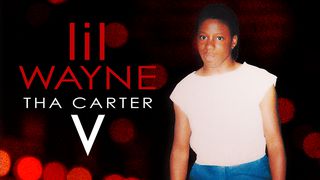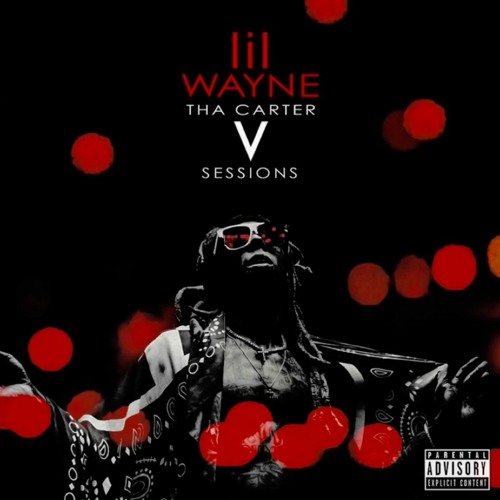

In 1998, Lil Wayne would appear on Juvenile's hit single 'Back That Thing Up,' or 'Back That Azz Up' as it appeared on Juvie's album 400 Degreez. Mainstream distribution would help that year's Hot Boys album Guerrilla Warfare to reach the number one spot on Billboard's Top R&B/Hip-Hop Albums chart.

Two years later, Cash Money would sign a distribution deal with the major label Universal. He joined B.G., Juvenile, and Young Turk for another Fresh project, the teen hardcore rap group the Hot Boys, who released their debut album, Get It How U Live!, in 1997. release.That same year, he officially took the moniker Lil Wayne, dropping the 'D' from his first name in order to separate himself from an absent father. The 1997 album Chopper City was supposed to be the follow-up, but when Wayne accidentally shot himself in the chest with a 9mm, it became a solo B.G. Although only B.G.'s name appeared on the cover, the 1995 album True Story has since been accepted as the B.G.'z debut album both by fans and the Cash Money label. A year later, in-house producer Mannie Fresh partnered him with the 14-year-old B.G. Combining a strong work ethic with aggressive self-promotion, the 11-year-old convinced the Cash Money label to take him on, even if it was just for odd jobs around the office. He found music was the best way to express himself, and after taking the name Gangsta D he began writing rhymes. and raised in the infamous New Orleans neighborhood of Hollygrove, he was a straight-A student but never felt his true intelligence was expressed through any kind of report card.

A game-changing artist and celebrity, Lil Wayne began his career as a near-novelty - a preteen delivering hardcore hip-hop - but through years of maturation and reinventing the mixtape game, he developed into a million-selling rapper with a massive body of work, one so inventive and cunning that it makes his famous claim of being the 'best rapper alive' worth considering.


 0 kommentar(er)
0 kommentar(er)
